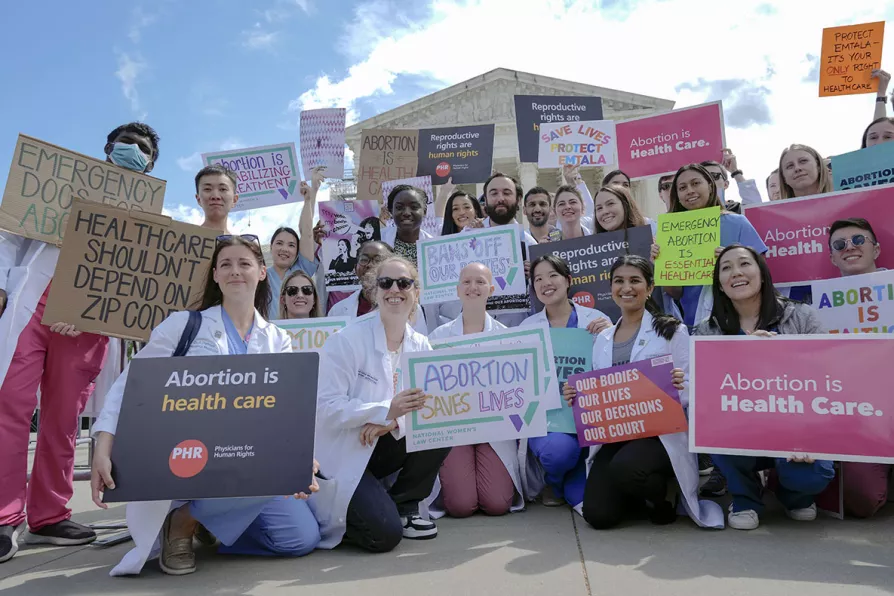World in brief: April 24, 2024

 Supreme Court abortion
Supreme Court abortion
UNITED STATES: The Supreme Court has begun considering when doctors can provide abortions during medical emergencies in states where terminations have been banned following its overturning of the 1973 Roe v Wade ruling.
The Biden administration argues that all states are required by federal healthcare law to allow hospitals to end pregnancies where a patient’s life or health is at serious risk.
The case comes from Idaho, one of 14 states that now ban all abortions except when needed to save a life, which claims that allowing it in more medical emergencies would turn hospitals into “abortion enclaves.”
More from this author
Similar stories














